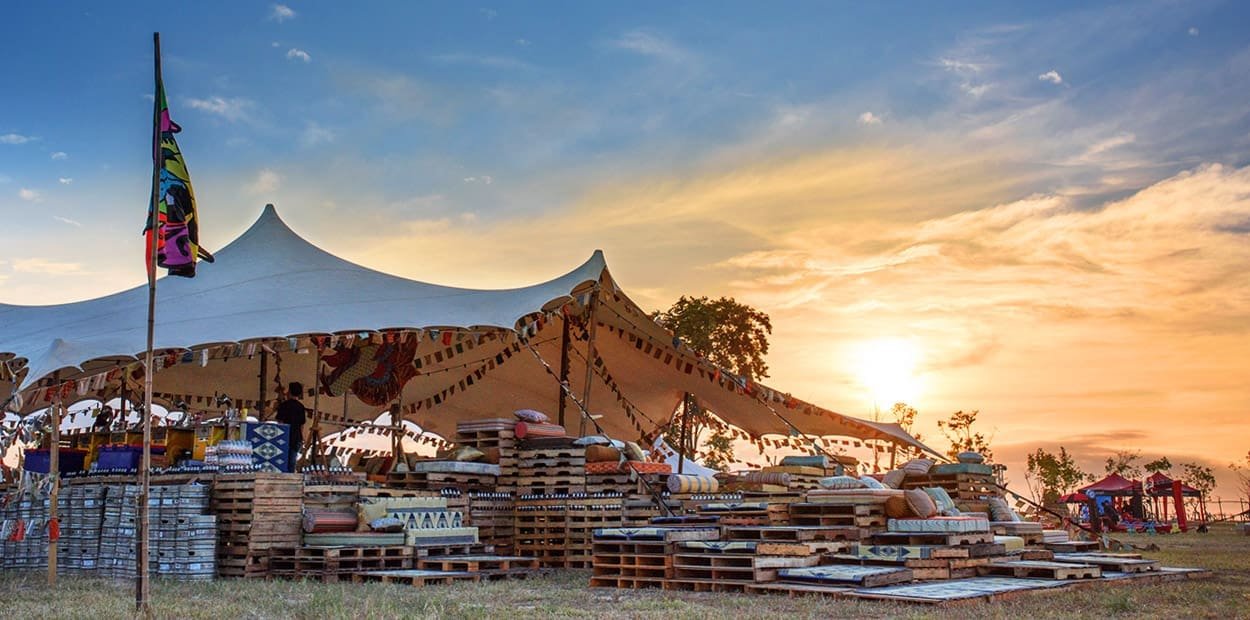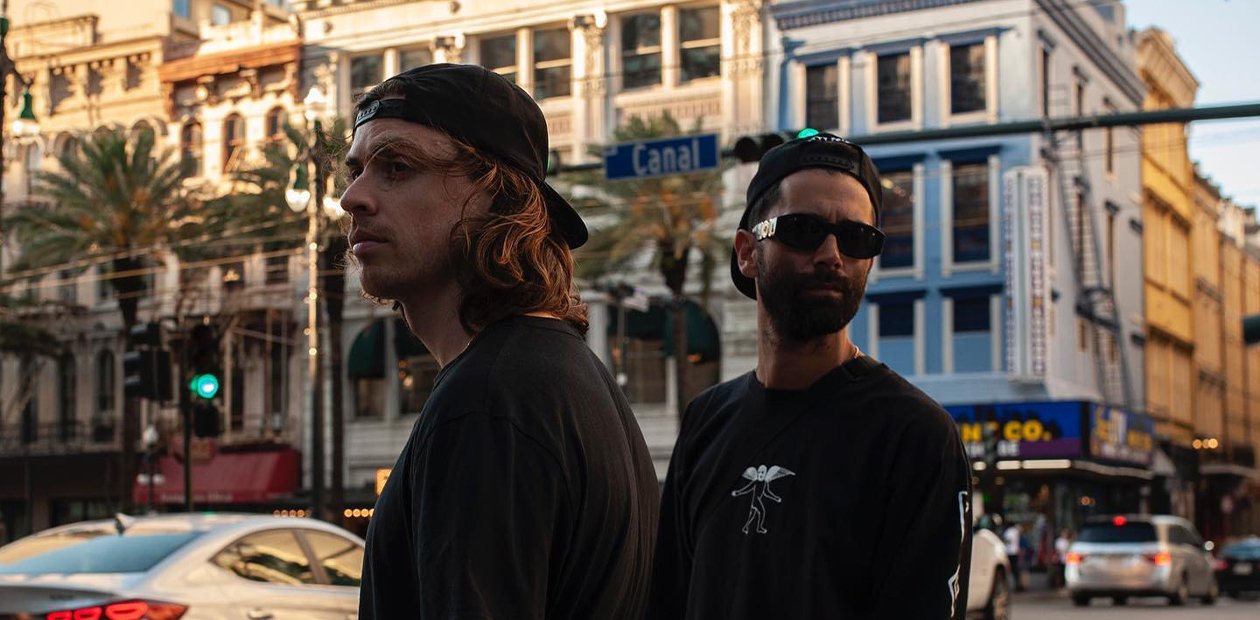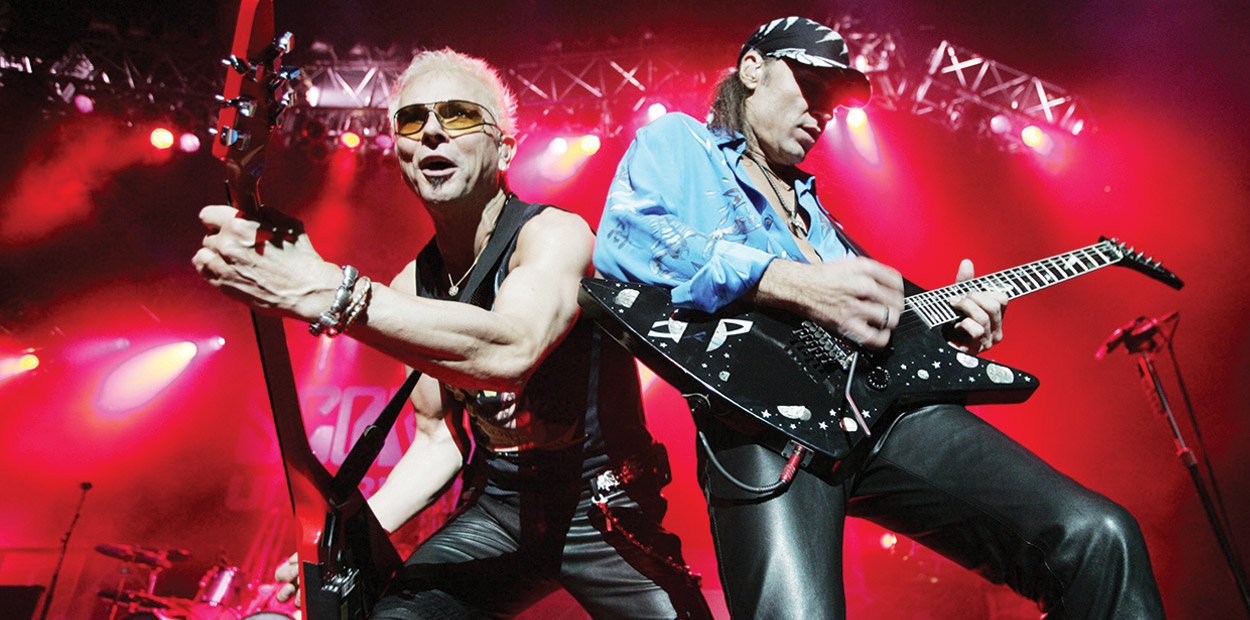We’ve seen roughly of what’s in store for us at the third instalment of Wonderfruit Festival: hip music from Rudimental and Young Fathers among others, art installations and stages crafted by the likes of Burning Man regular Gregg Fleishman, a variety of workshops and wellness activities.
But another crucial aspect of the festival has always been sustainability and social responsibility. In fact, this year they’re taking it a up a notch by pledging to be carbon neutral.
With the Pattaya-based festival’s being only weeks away, we’re taking a closer look at what makes it first and foremost a sustainable festival.
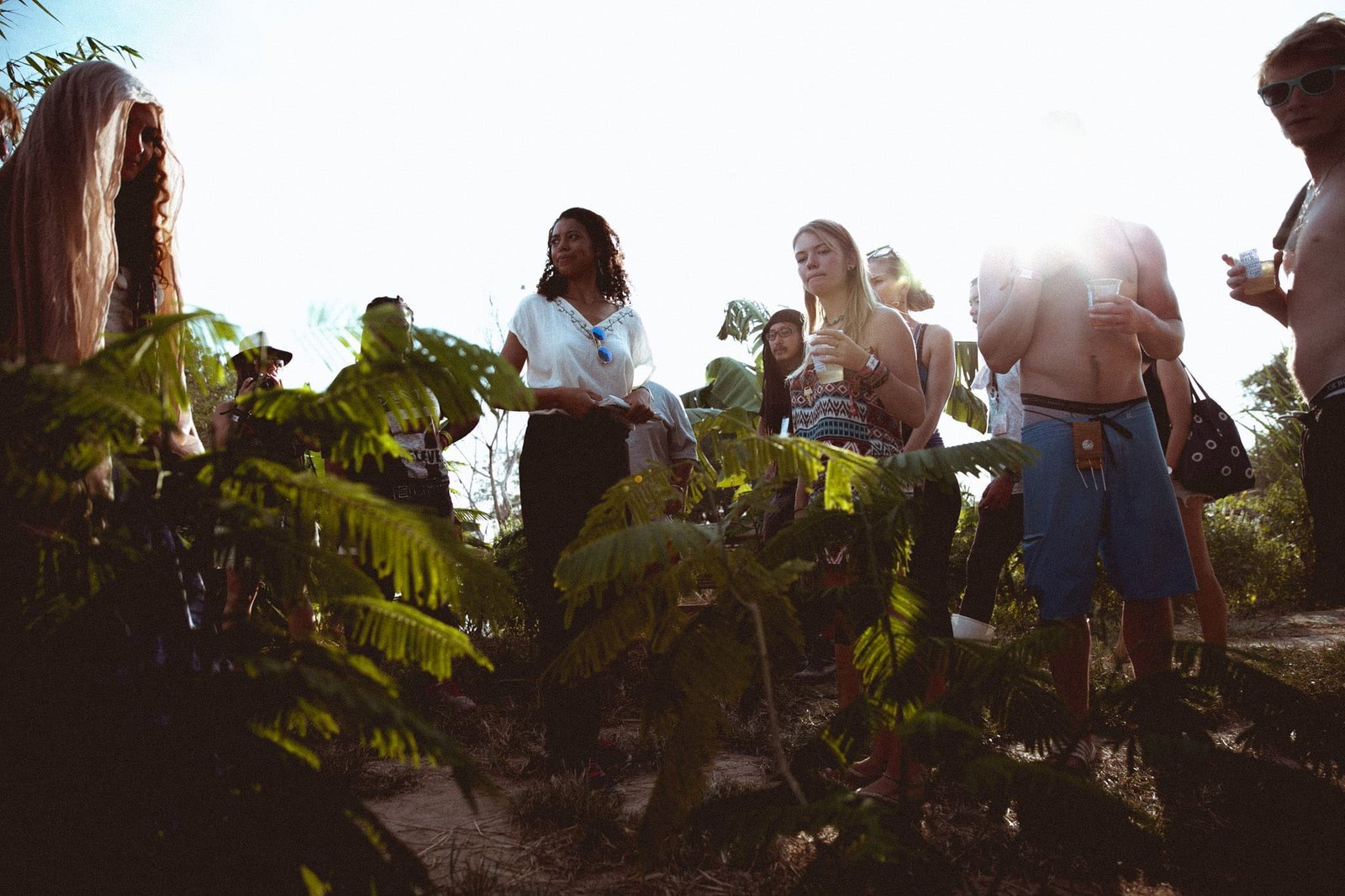
©Wonderfruit
“What makes us distinct in terms of our organisational structure is that sustainability was our starting point and then the fun and activities were curated around that,” said festival founder Pranitan “Pete” Phornprapha. “The real positive changes are made when sustainability initiatives are at the very core of everything, so that they form the event, rather than the other way around.”
The long term goal for Wonderfruit is to initiate real, irreversible behaviour changes that have a positive impact on society. Attendees are participating in an ecologically-conscious event, and are helping to protect a thriving and precious natural resource from day one.
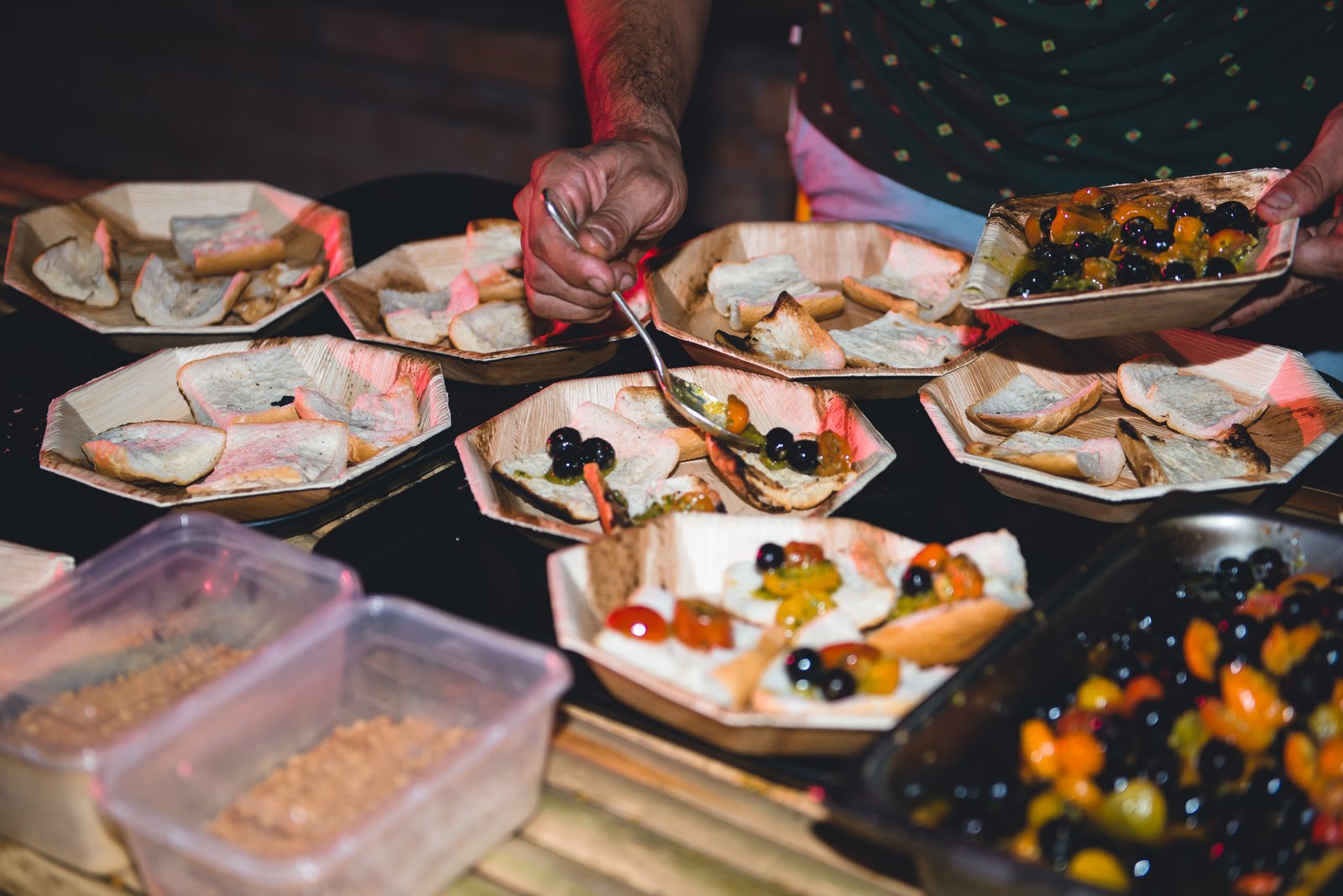
©Wonderfruit
In the first two years, Wonderfruit started by making biodegradable, reusable water bottles available for all guests on site and insisting food vendors use recyclable plates. The crew, artists, and engineers used natural and recyclable materials in their build, to create lots of the structures and stages you see around The Fields, like The Quarry and 2015’s Sharing Neighbourhood, both of which were built from bamboo. Since the festival owns the land, it can be more proactive in caring for it all year round and have more flexibility. For example, it doesn’t rely on external water sources, but uses a water filtration system, pumped from a natural lake, which is used throughout the site. Meanwhile, it has started targeted landscaping in order to cultivate plants and trees that will be part of the experience, and the Wonderfruit Farm is always being expanded.
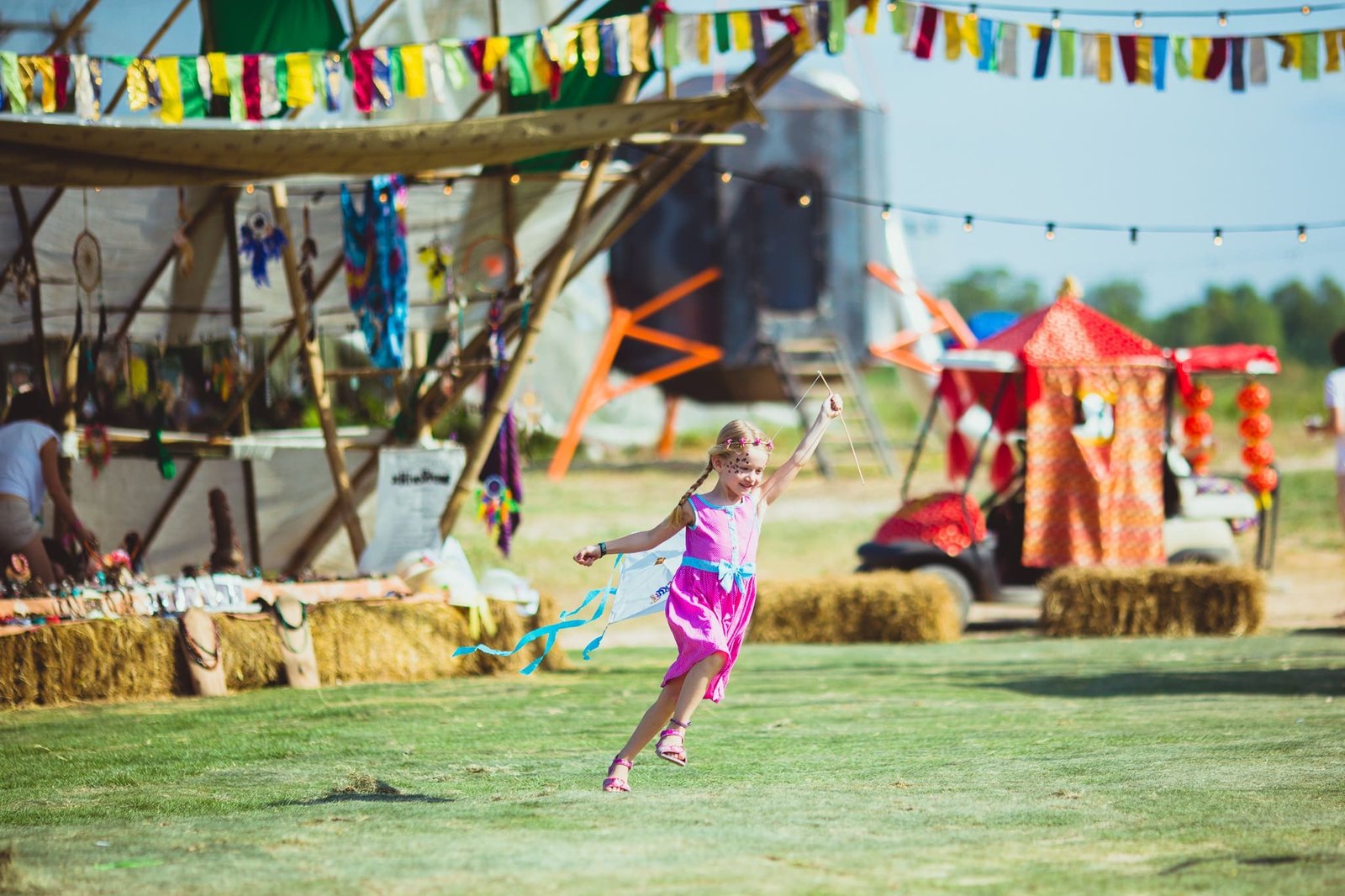
©Wonderfruit
This year the people at Wonderfruit are taking things a step further in terms of curating content that is directly informed by their ethos. They’re making a social and artistic statement with our brand new Farm Stage, which is based on traditional ceremonial structures and built entirely of rice from local farmers’ yields. The purpose of this stage is to redefine what a stage is, with a more integrated approach in both the way it is built and the way people interact with it. This will be a multipurpose stage integrated into the farm.
2016’s Scratch Talks, the festival’s series of seminars, will also be held here. The sessions will be centred around eco heroes, most of whom come from around the region. They are small people doing huge things, with inspiring stories to tell.
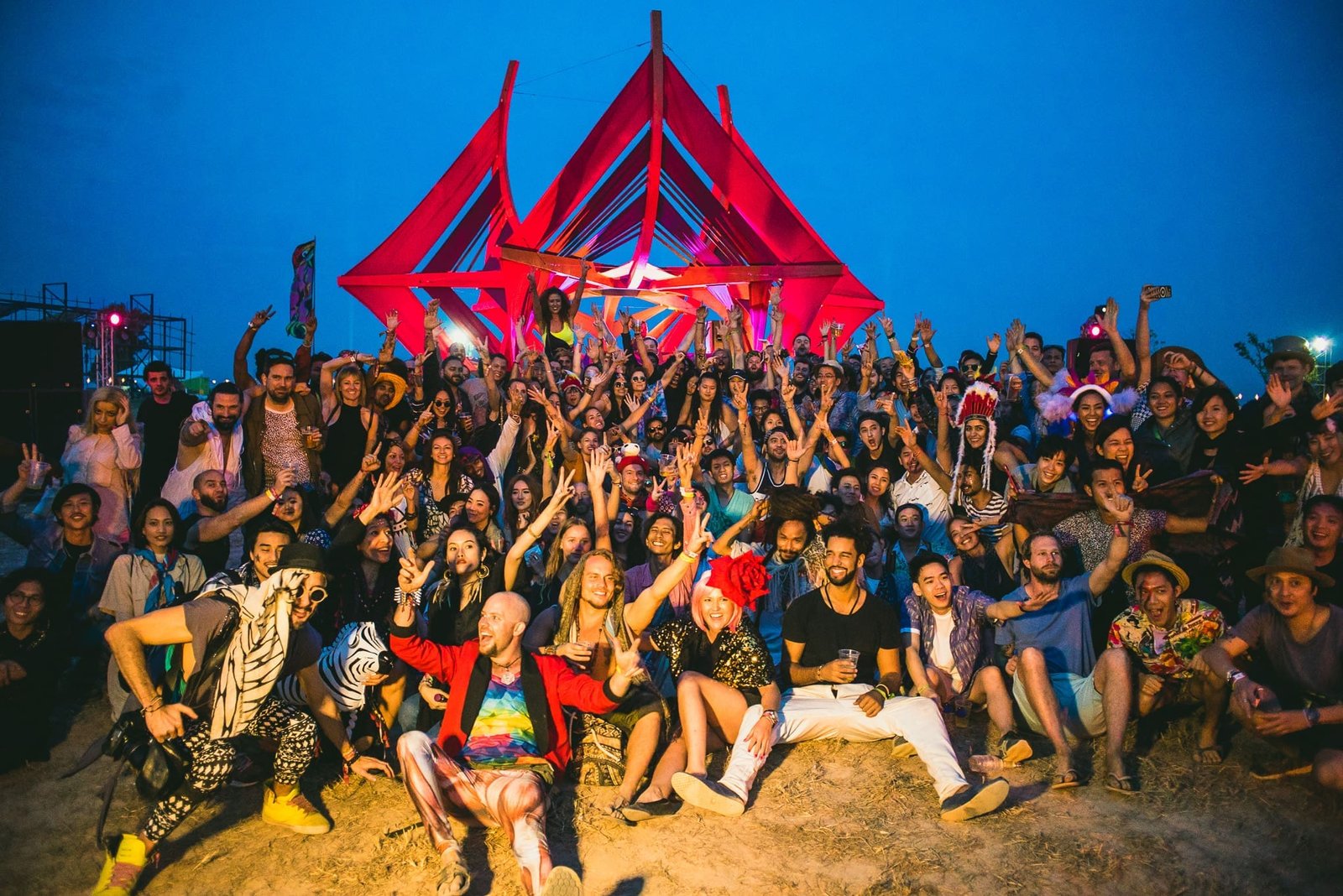
©Wonderfruit
The festival believes in the power of community and in the fact that it’s in sharing and exchange that people connect, and, through its skill sharing programme, anyone can contribute their passion, whether it’s a hobby, art or technique, to the Wonderfruit community. Creative cultures from all over the world are brought together, to be explored and experienced.
Another highlight of 2016 will be the Solar Stage that comes from the mind of Gregg Fleishman, whose creations are regular highlights at Burning Man. Based on his signature panel system the structure will be the focal point for sunrise and sunset in The Fields.
The art installations at this year’s edition will also reflect Wonderfruit’s ethos of environmental sustainability, social responsibility and the celebration of positive living. The festival encourages creations from natural, recycled and reclaimed materials, while promoting interactivity and welcome installations that are kinetic or built over the course of the event, with creative involvement from festival-goers.

Last but not least, Wonderfruit is pledging to offset the event’s carbon emissions by investing in Rimba Raya Biodiversity Reserve in in Borneo, Indonesia. Rimba Raya is the largest government-approved project that protects nearly 65,000 hectares of peat swamp forest in Central Kalimantan on Borneo Island. It is also Indonesia’s largest private orangutan sanctuary.
Ultimately, Wonderfruit aspires to be a catalyst for positive change, and will continue to look for creative ways to live sustainably and responsibly and be a net positive influence on the planet.
Wonderfruit returns this February 16-19, 2017 to Siam Country Club, Pattaya, Chonburi. 4-day tickets are currently available for THB5,500. Click here for purchase and more options.

